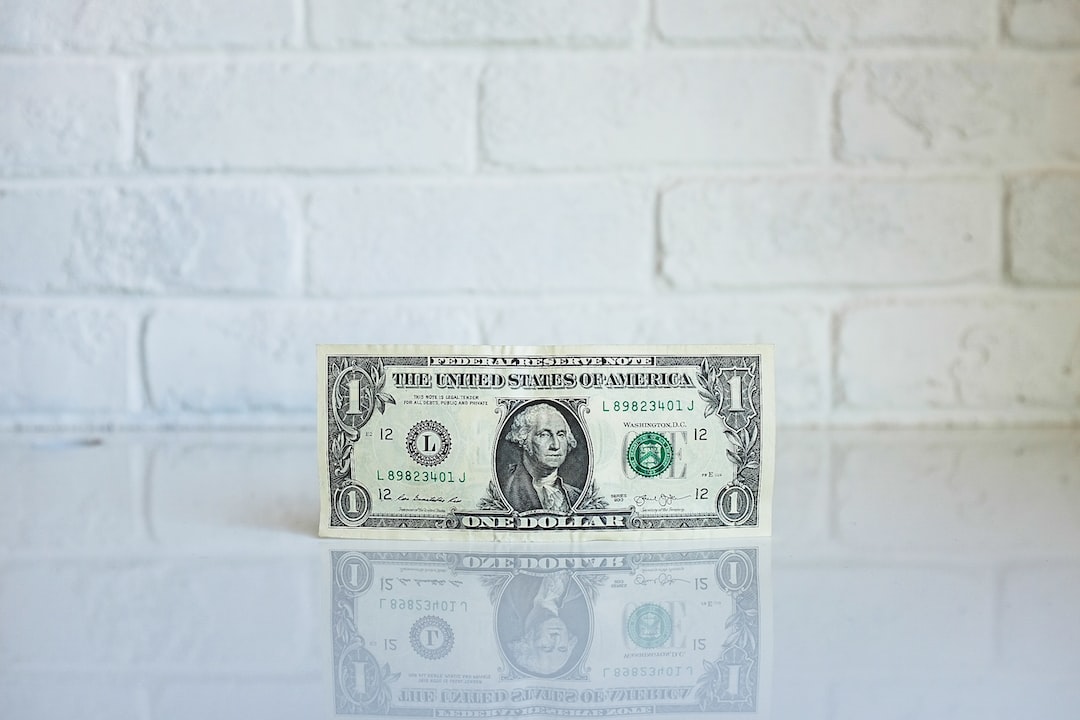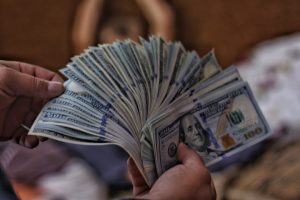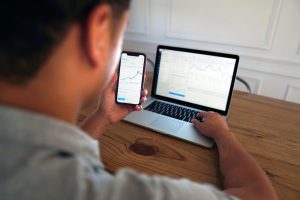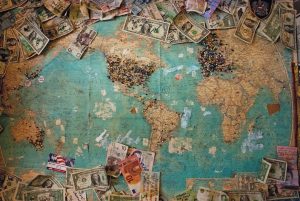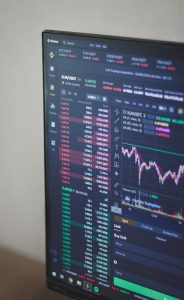The foreign exchange market, also known as the forex market, is a decentralized global marketplace where individuals, businesses, and financial institutions buy and sell currencies. The forex market is the largest and most liquid financial market in the world, with an average daily trading volume of $5.3 trillion.
The forex market operates 24 hours a day, five days a week, with trading taking place in major financial centers such as London, New York, Tokyo, and Sydney. The market is open for trading around the clock due to the different time zones of the major financial centers, allowing traders to participate in the market at any time.
The forex market is unique in several ways. Firstly, it is a decentralized market, which means that there is no physical location where trading takes place. Instead, the market is made up of a network of dealers, brokers, and traders who use electronic communication networks (ECNs) to trade currencies. This means that there is no central exchange or clearinghouse, and trades are executed directly between parties.
Secondly, the forex market is highly liquid, which means that traders can buy and sell currencies quickly and easily. This is due to the large number of participants in the market, as well as the fact that currencies are traded in large volumes. This high level of liquidity also means that the forex market is less susceptible to manipulation than other financial markets.
Another unique aspect of the forex market is that it is highly volatile, with exchange rates fluctuating constantly in response to economic and political events. This volatility provides opportunities for traders to make profits by buying low and selling high. However, it also means that the forex market can be risky, as sudden changes in exchange rates can result in significant losses.
The forex market is driven by a range of factors, including economic data, geopolitical events, and market sentiment. Economic data such as GDP, inflation, and employment figures can have a significant impact on exchange rates, as can political events such as elections, trade negotiations, and central bank policy decisions. Market sentiment, or the overall mood of traders, can also affect exchange rates, as traders may buy or sell currencies based on their expectations of future market movements.
There are several different types of participants in the forex market, including banks, hedge funds, corporations, and individual traders. Banks are the largest players in the market, accounting for around 40% of daily trading volume. Hedge funds and other institutional investors also play a significant role, while corporations may participate in the market to hedge their currency exposure.
Individual traders can also participate in the forex market, either through a broker or by trading directly through an ECN. Forex trading can be a lucrative way to make money, but it is also risky and requires a significant amount of knowledge and experience. Traders must be able to analyze economic and political data, understand technical analysis, and manage risk effectively in order to be successful in the forex market.
In conclusion, the forex market is a complex and dynamic marketplace where individuals, businesses, and financial institutions buy and sell currencies. It is the largest and most liquid financial market in the world, with trading taking place around the clock. The forex market is unique in several ways, including its decentralized structure, high liquidity, and volatility. Understanding the forex market is essential for anyone looking to participate in currency trading, whether as an institutional investor or an individual trader.

